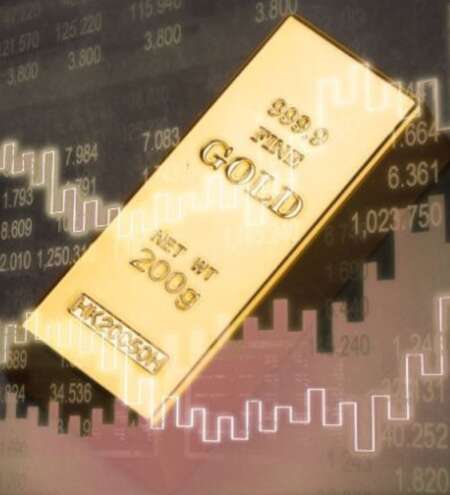Silver, often overshadowed by its more glamorous counterpart, gold, has long been referred to as the “poor man’s gold.” However, this label fails to capture the true essence of silver’s significance. Far from being a mere substitute for gold, silver is a critical component in a wide range of modern technologies, making it an indispensable metal in today’s world.
From smartphones to solar panels, silver plays a crucial role in powering many of the technologies that define our era. Its exceptional properties, including high thermal and electrical conductivity, reflectivity, and durability, make it an ideal material for various applications.
One of the most notable uses of silver is in the electronics industry. Silver is an excellent conductor of electricity, second only to copper. It is used in the production of circuit boards, switches, and contacts, where its high conductivity ensures efficient transfer of electrical signals. Without silver, many of the electronic devices we rely on daily would not function as efficiently or reliably.
In addition to its role in electronics, silver is also a key component in the production of solar panels. The photovoltaic cells in solar panels contain silver, which helps convert sunlight into electricity. As the demand for renewable energy sources grows, so too does the demand for silver, making it an essential component in the transition to a more sustainable future.
Silver’s unique properties also make it indispensable in the healthcare industry. Silver has long been recognized for its antimicrobial properties, which inhibit the growth of bacteria and fungi. This makes it an ideal material for use in medical devices, such as catheters and wound dressings, helping to prevent infections and improve patient outcomes.
Moreover, silver is used in the production of mirrors, reflective coatings, and even in the production of coins and jewelry. Its beauty and versatility have made it a prized material for centuries, and its value continues to endure.
Despite its widespread use, silver is not an infinite resource. Like many precious metals, it is finite, and its supply is limited. As the demand for silver continues to rise, driven by technological advancements and the transition to clean energy, it is essential to ensure responsible mining and recycling practices to meet this demand sustainably.
Silver is far more than just the “poor man’s gold.” It is a versatile and indispensable metal that powers many of the technologies that drive our modern world. As we look to the future, it is clear that silver will continue to play a vital role in shaping the world around us.


